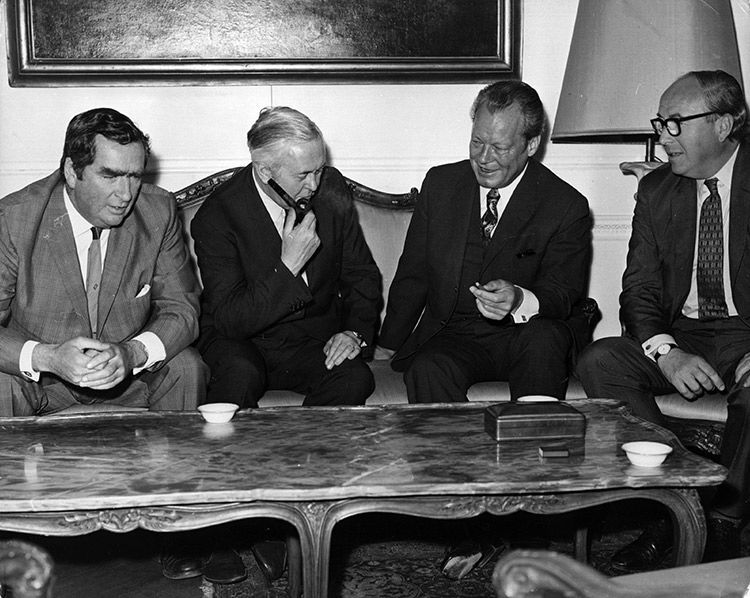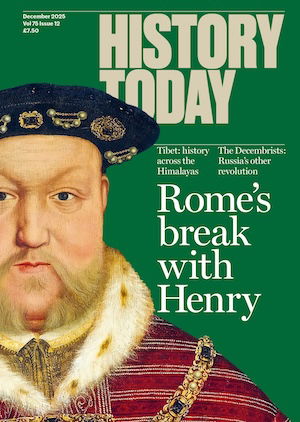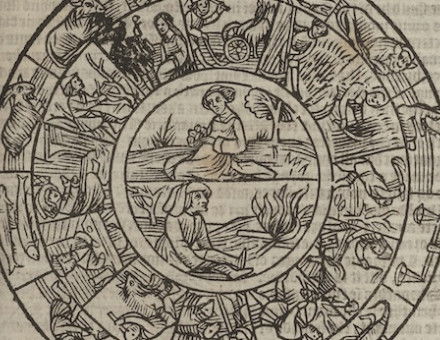The New Anti-Elitism
Does an interest in culture, in history, make anyone wiser or even more moral?
 The death in October of the former Chancellor of the Exchequer, Denis Healey, at the age of 98 saw the final passing of a generation of Labour Party politicians, whose ideas were forged in the tumult of the Depression and the Second World War and were applied in the 1960s and 1970s, decades of post-imperial decline, but also a period when Britain punched well above its weight on the cultural front: the time of the Beatles and the Stones, of Swinging London, of kitchen-sink drama, Mary Quant and Biba.
The death in October of the former Chancellor of the Exchequer, Denis Healey, at the age of 98 saw the final passing of a generation of Labour Party politicians, whose ideas were forged in the tumult of the Depression and the Second World War and were applied in the 1960s and 1970s, decades of post-imperial decline, but also a period when Britain punched well above its weight on the cultural front: the time of the Beatles and the Stones, of Swinging London, of kitchen-sink drama, Mary Quant and Biba.
Indeed, as John Campbell’s recent biography of Roy Jenkins, A Well Rounded Life, makes clear, it was the culture of Britain rather than its economy that was changed most by that generation of reforming politicians, especially Jenkins when he was Home Secretary in Harold Wilson’s government: laws abolishing censorship and legalising homosexuality and abortion were passed and efforts were made to tackle racial discrimination. They did much to create today’s liberal, tolerant Britain.
Jenkins, who wrote a number of acclaimed political biographies, famously had a ‘hinterland’, as did his fellow Cabinet member Anthony Crosland, a former Oxford don, and so, it was written repeatedly in his obituaries, did Healey. A gifted photographer, an accomplished poet and the author of a lucid, memorable autobiography, he adored opera and was a brilliant raconteur. All took an interest in history. All flaunted their intellectual gifts.
Today’s politicians – and some are interested in high culture and, indeed, history – are advised not to flaunt their hinterland; it is considered elitist. Yet does an interest in culture, in history, make anyone wiser or even, as is sometimes implied, more moral? Some of the most successful democratic politicians have been branded philistines: Margaret Thatcher and Ronald Reagan come to mind, and Tony Blair’s cultural interests appear to have been limited largely to him strumming an electric guitar.
At the other extreme, we find the likes of the abominable architect of the Holocaust, Reynard Heydrich, who was a gifted classical violinist, and Joseph Stalin, who took great interest in the works of the composers Shostakovich and Prokofiev, who were all but broken by his attention. No: history tells us that too much is made of the ‘improving’ qualities of culture. It is interesting and that is claim enough.
Paul Lay is the editor of History Today




